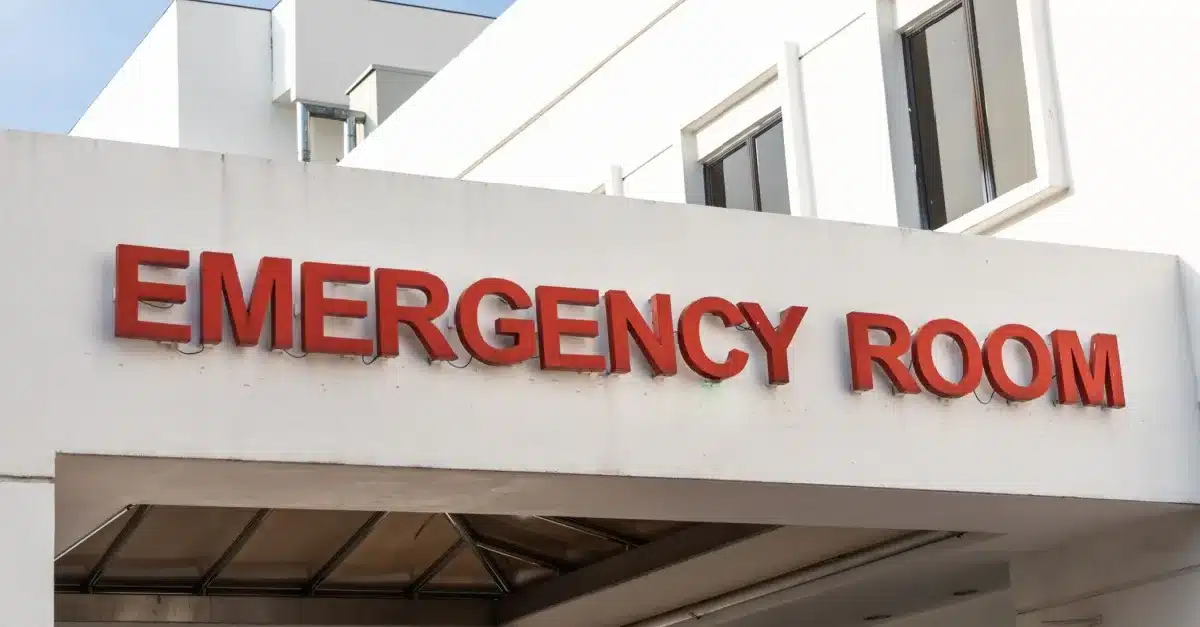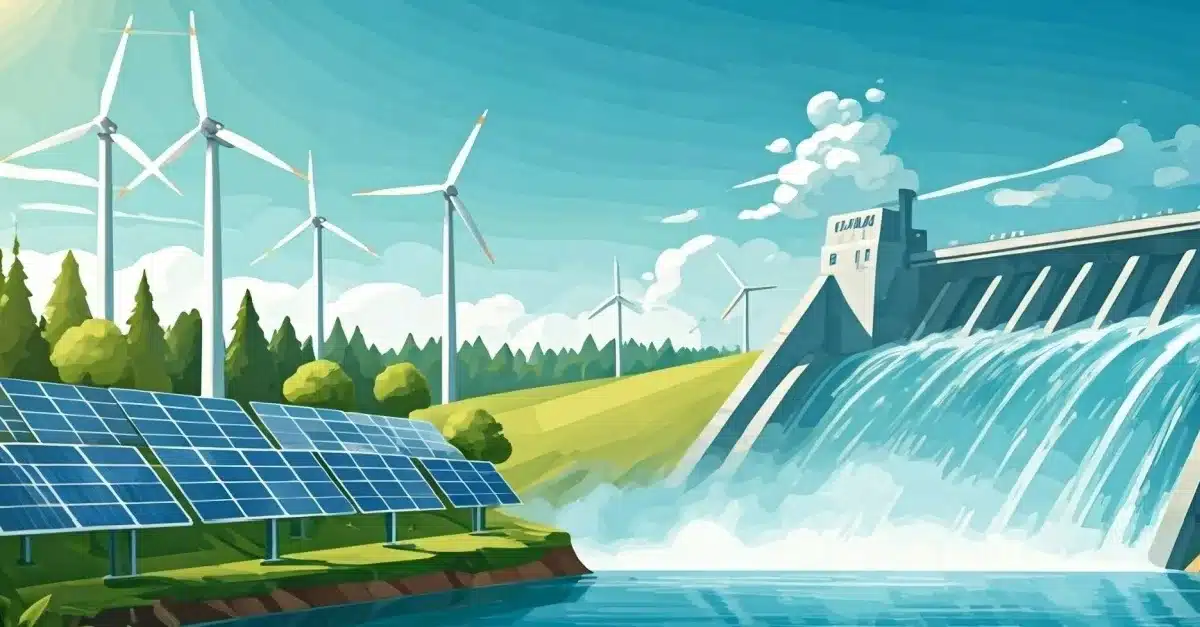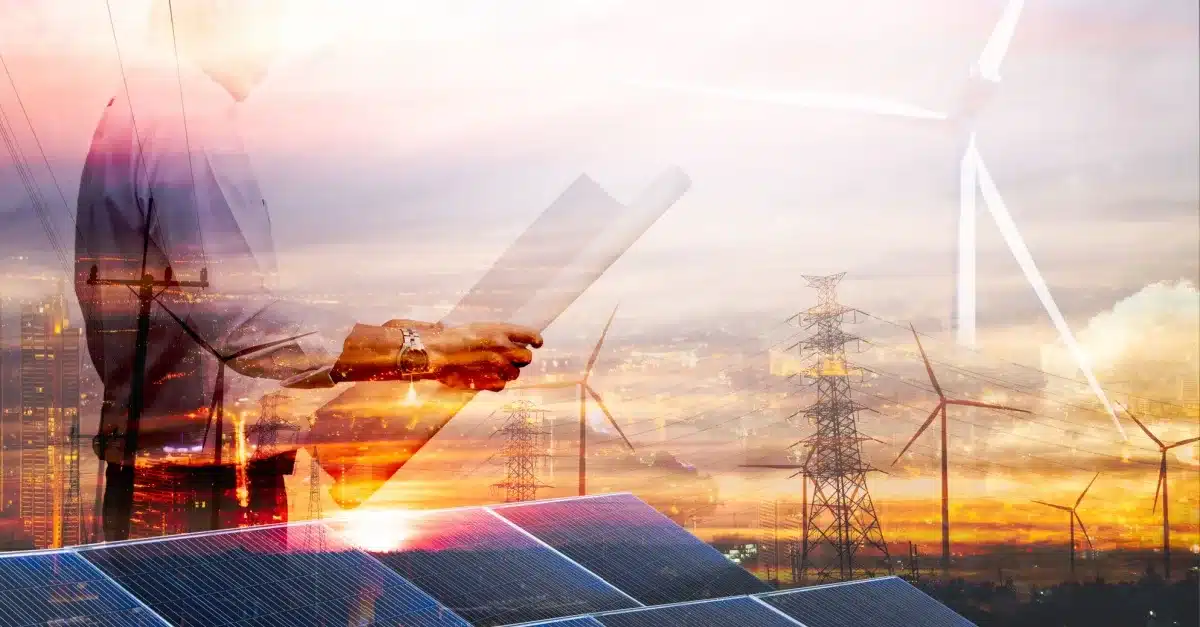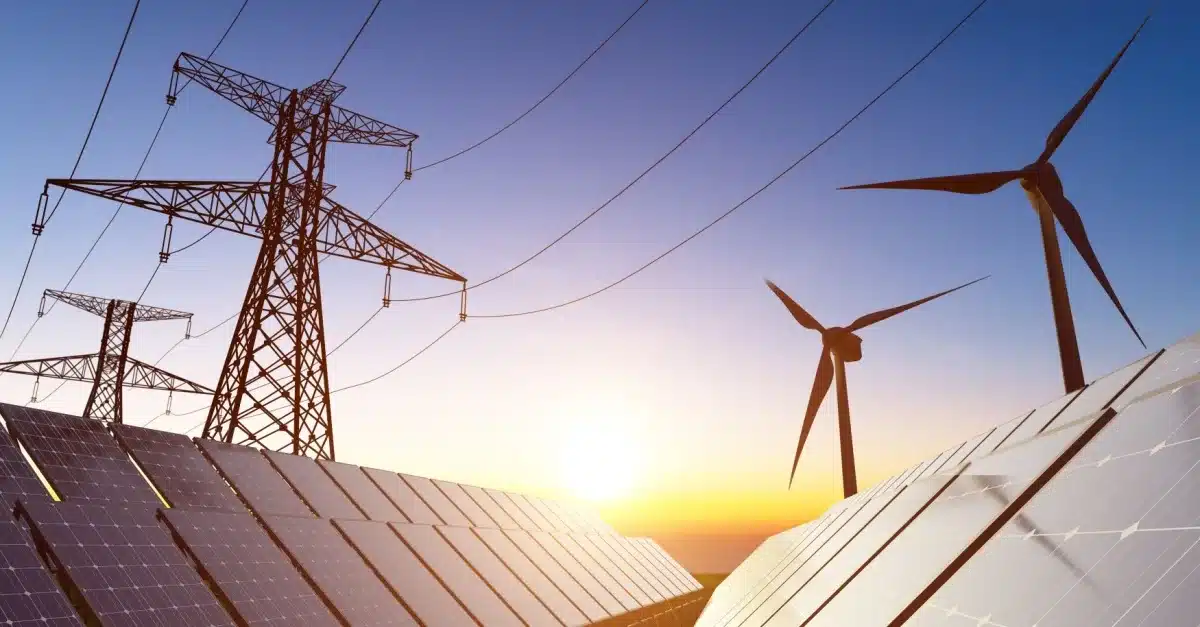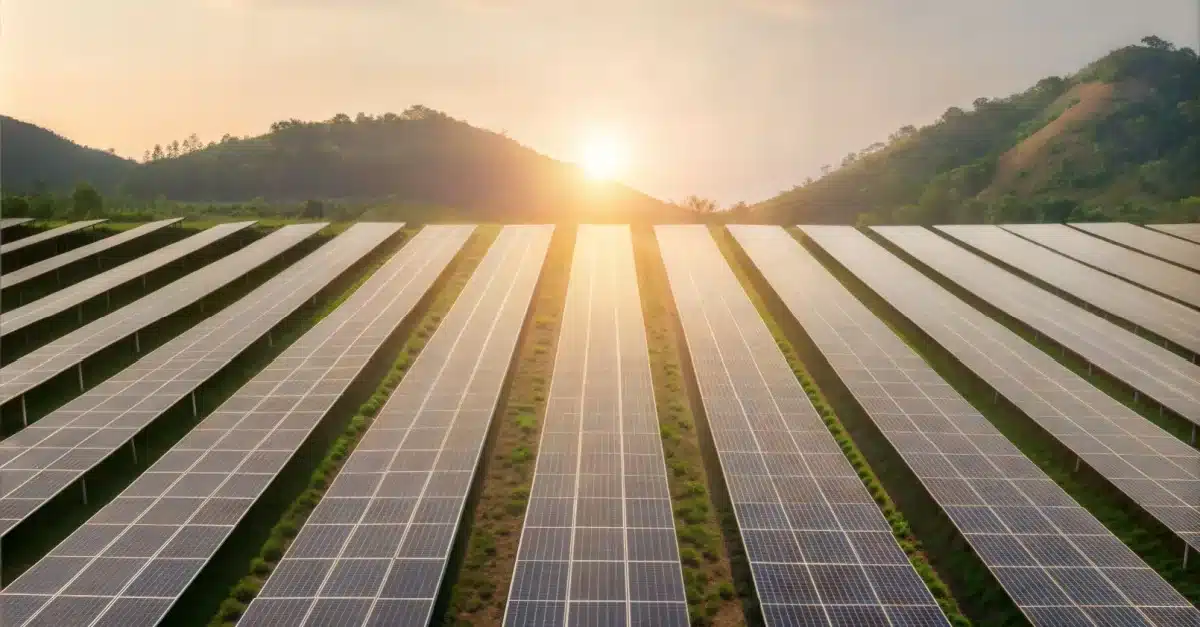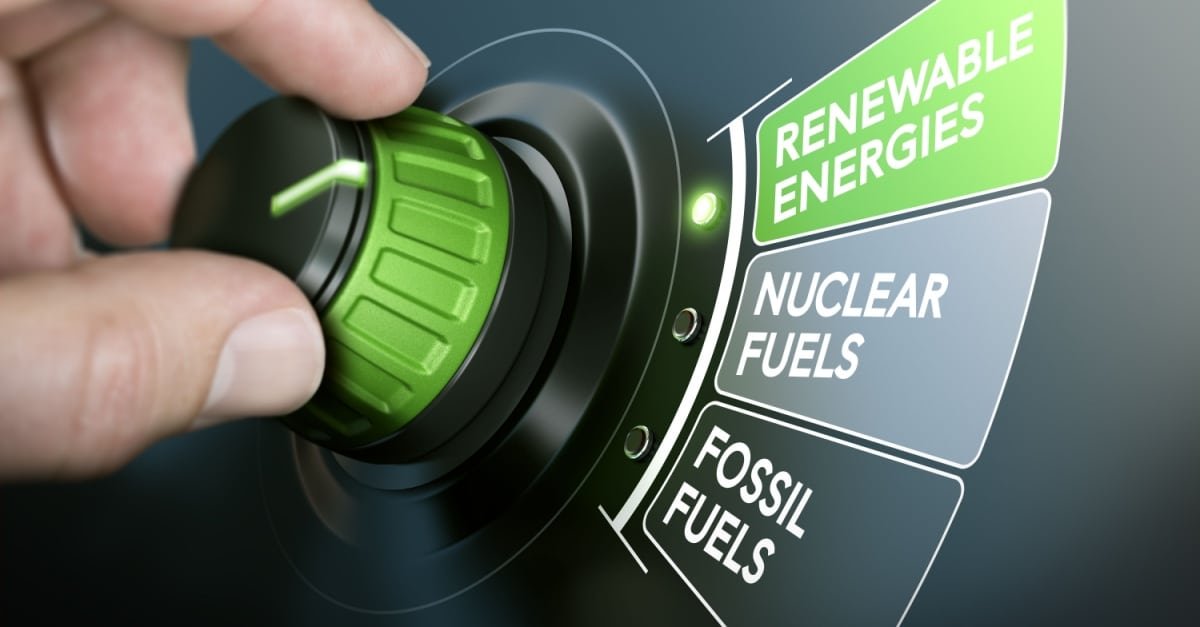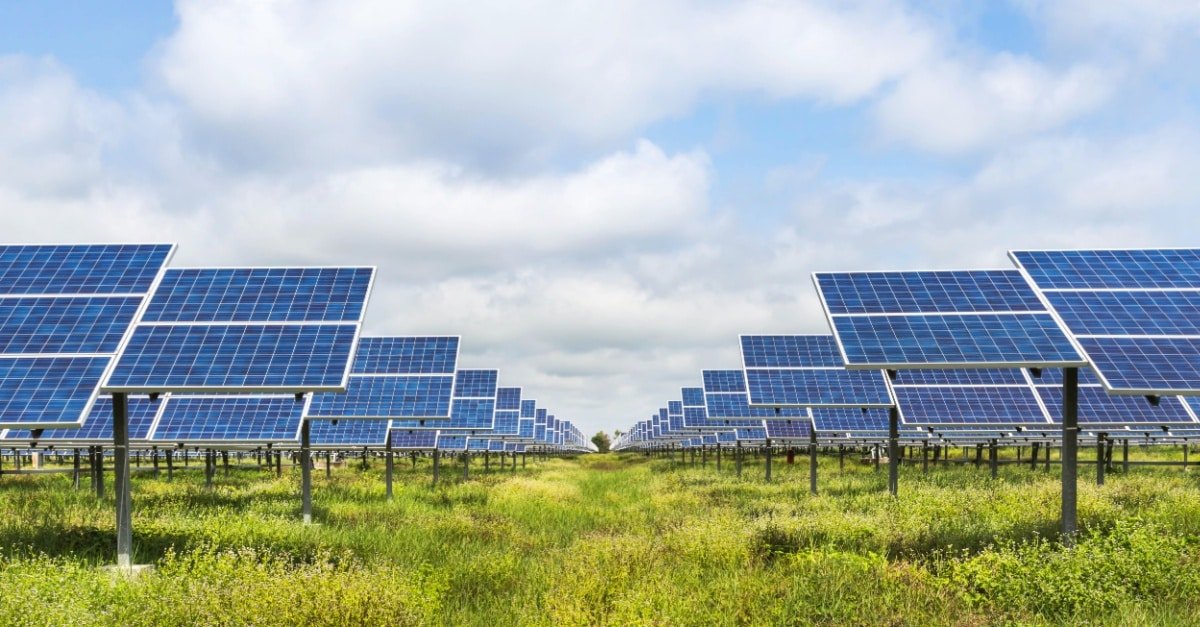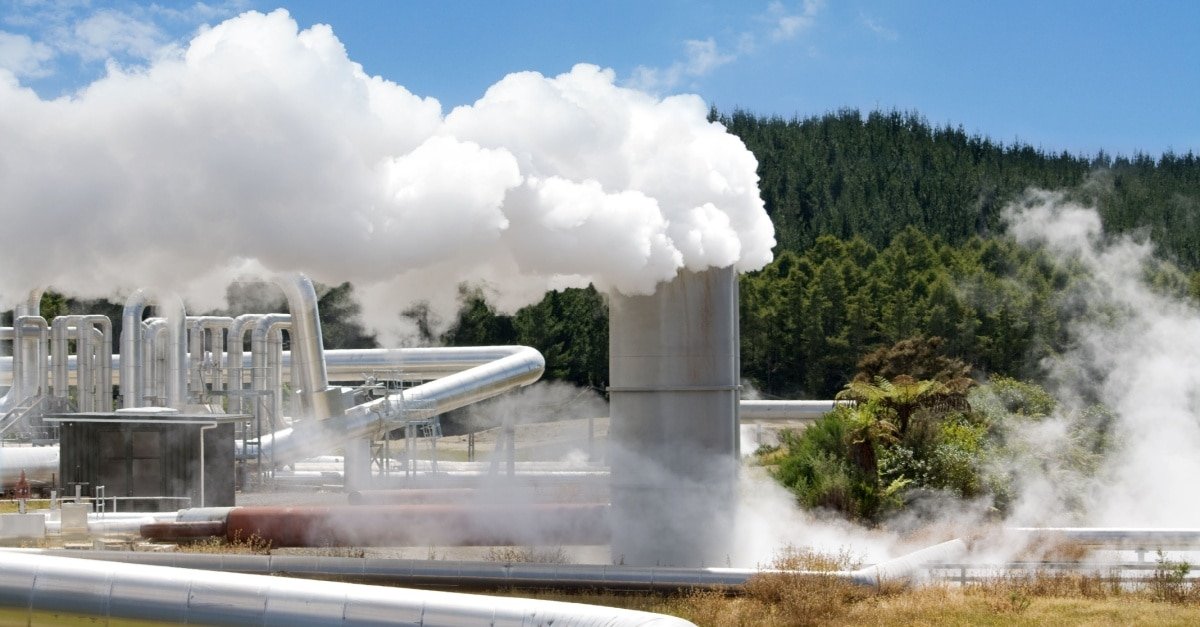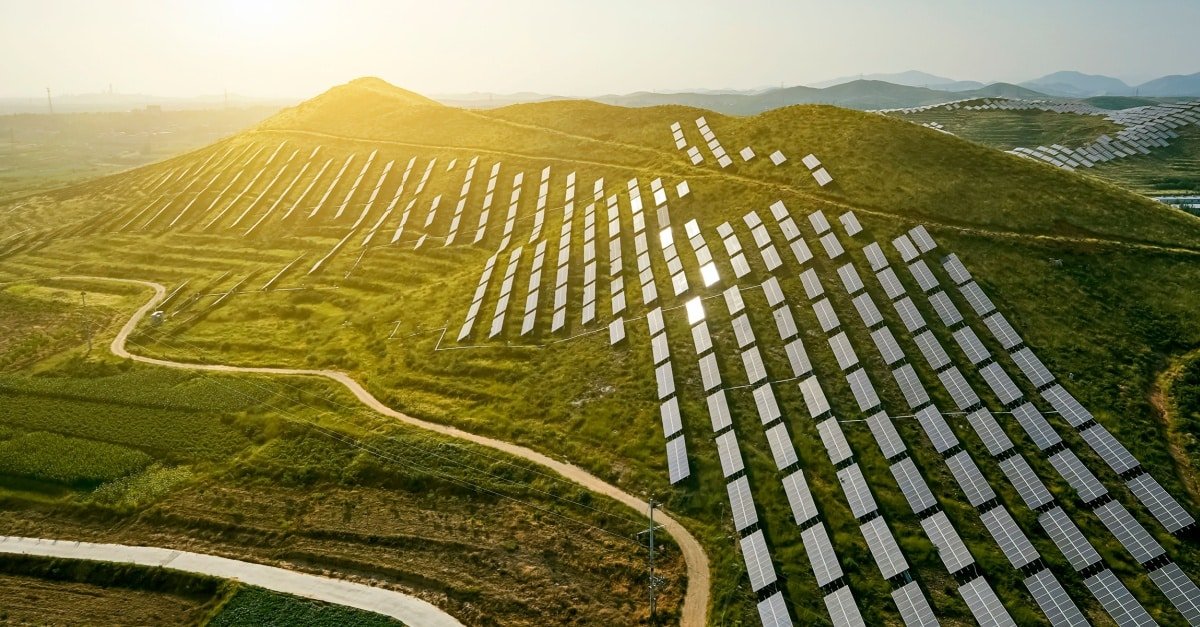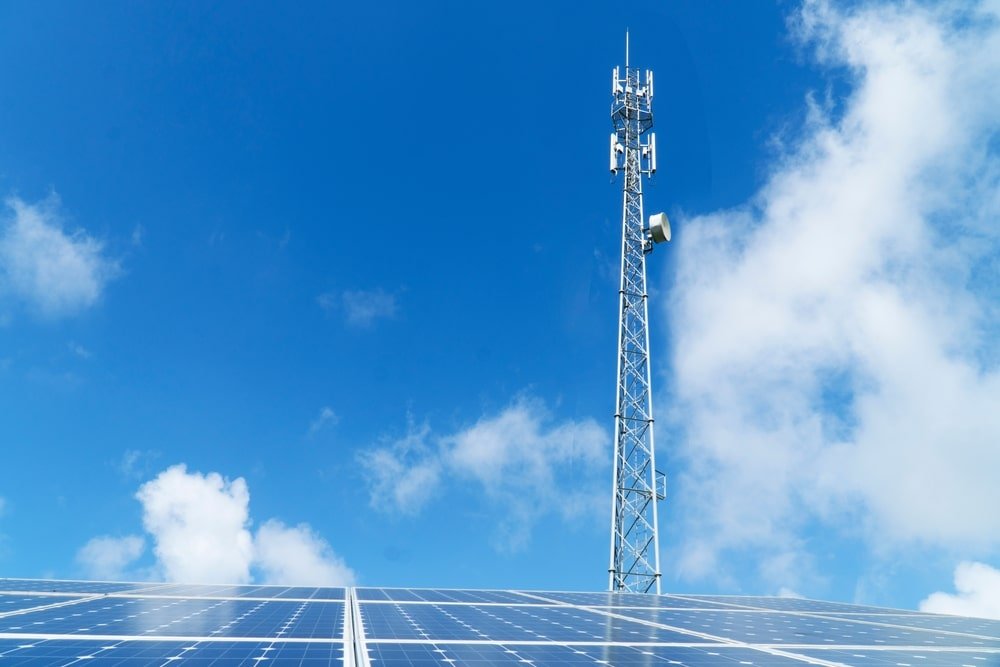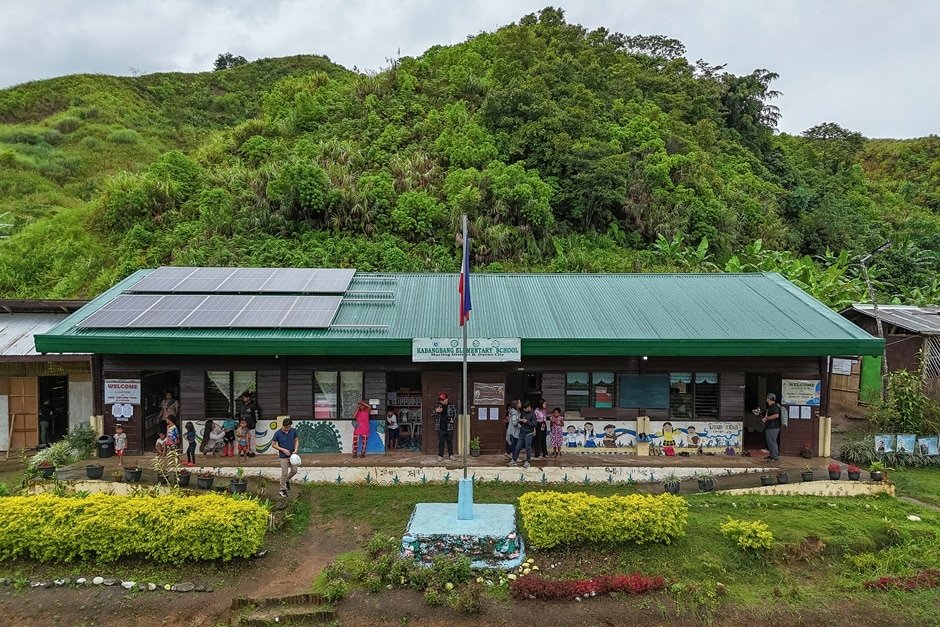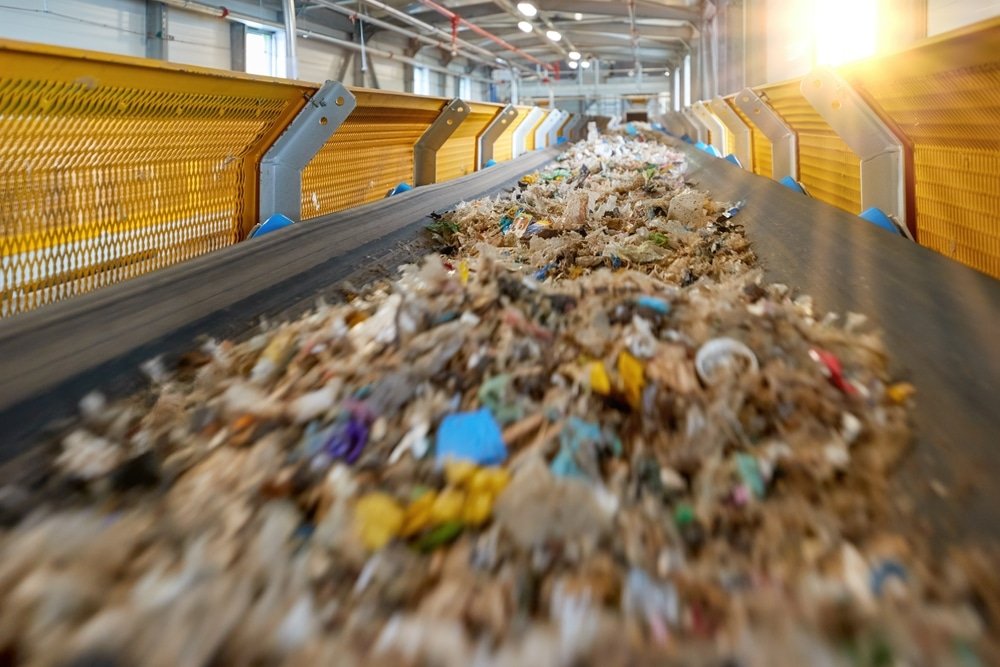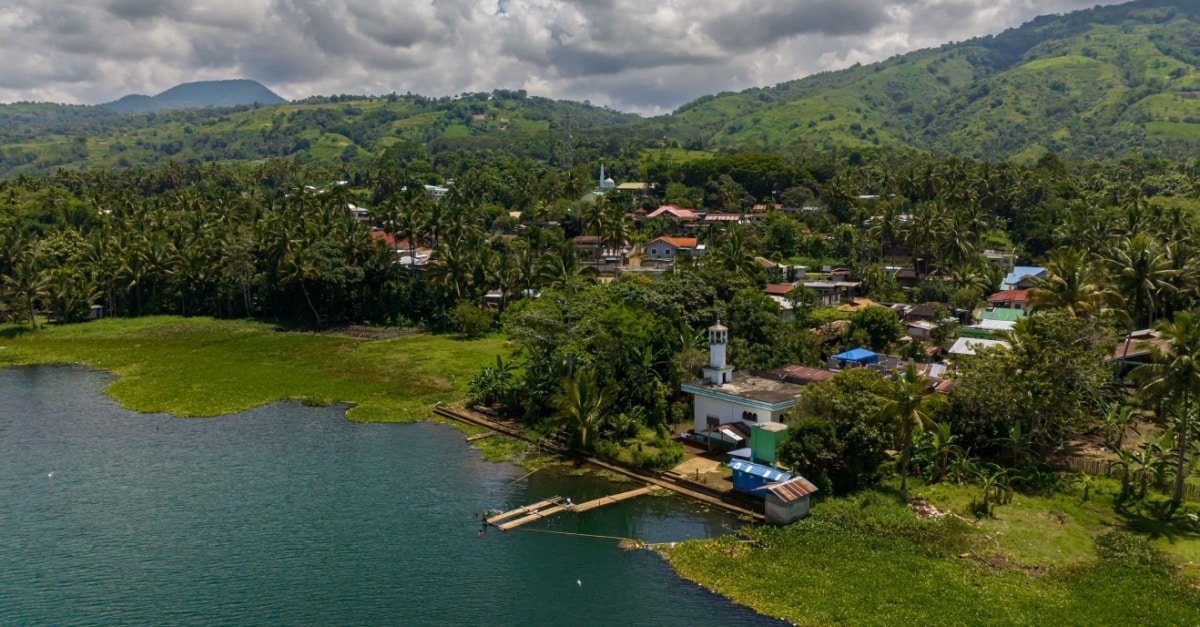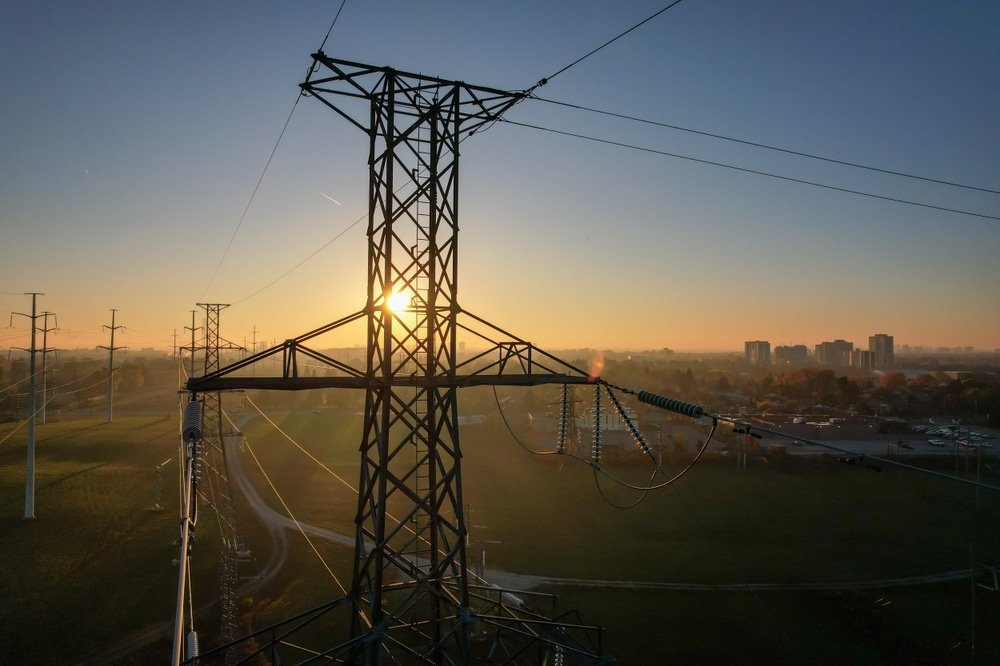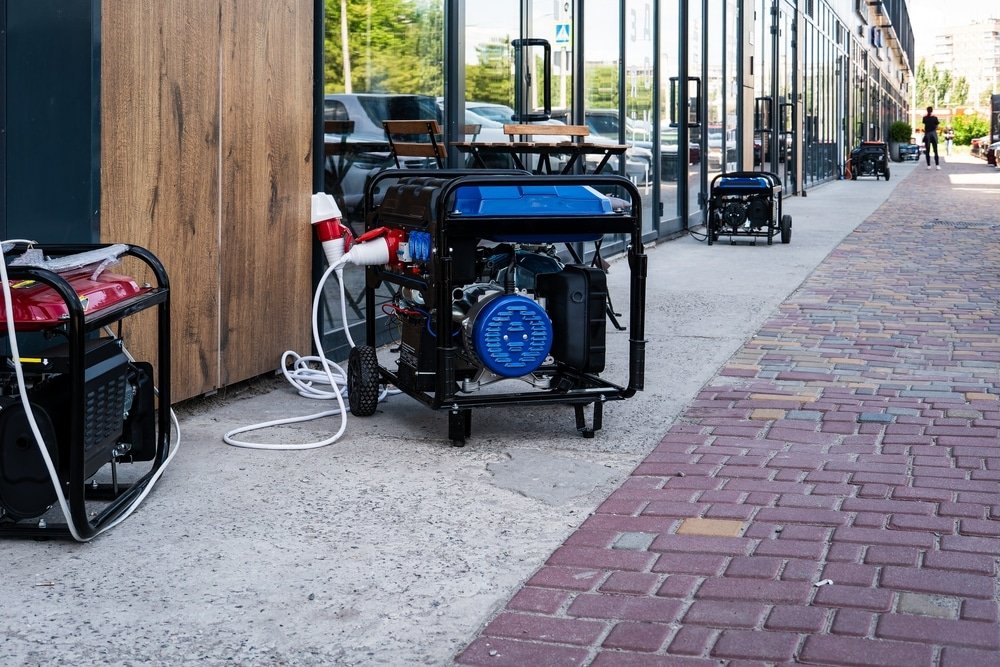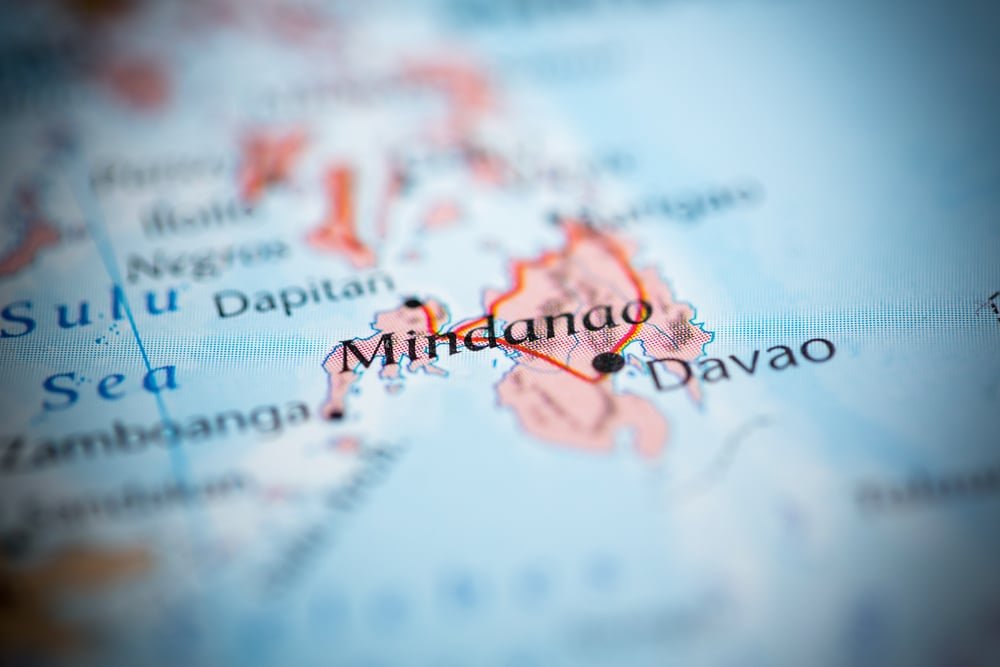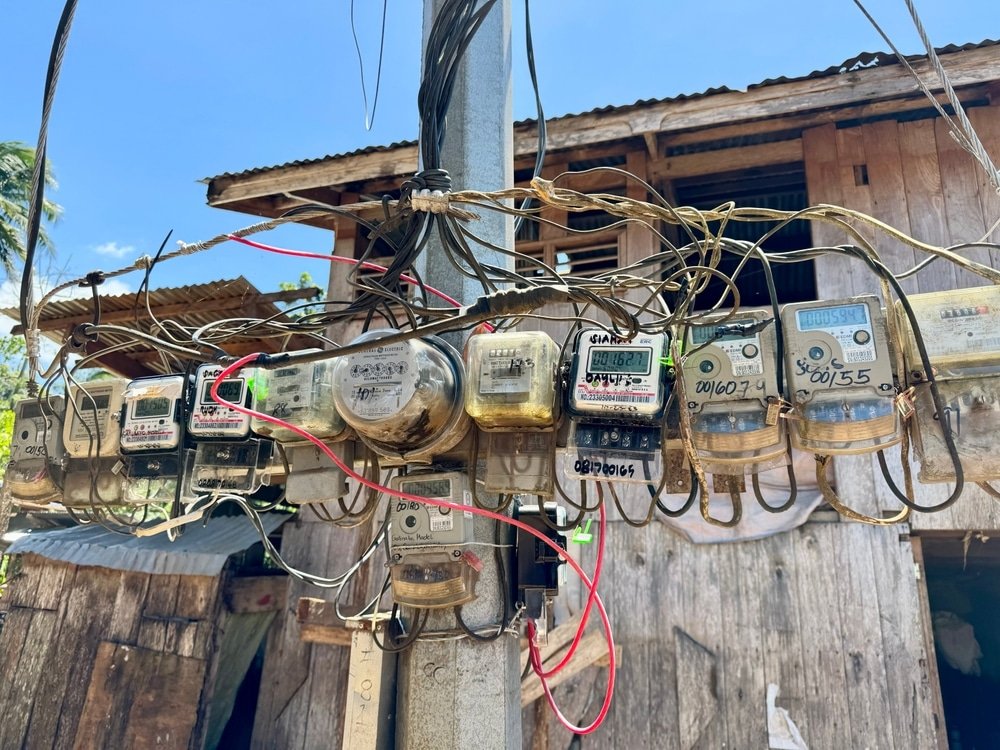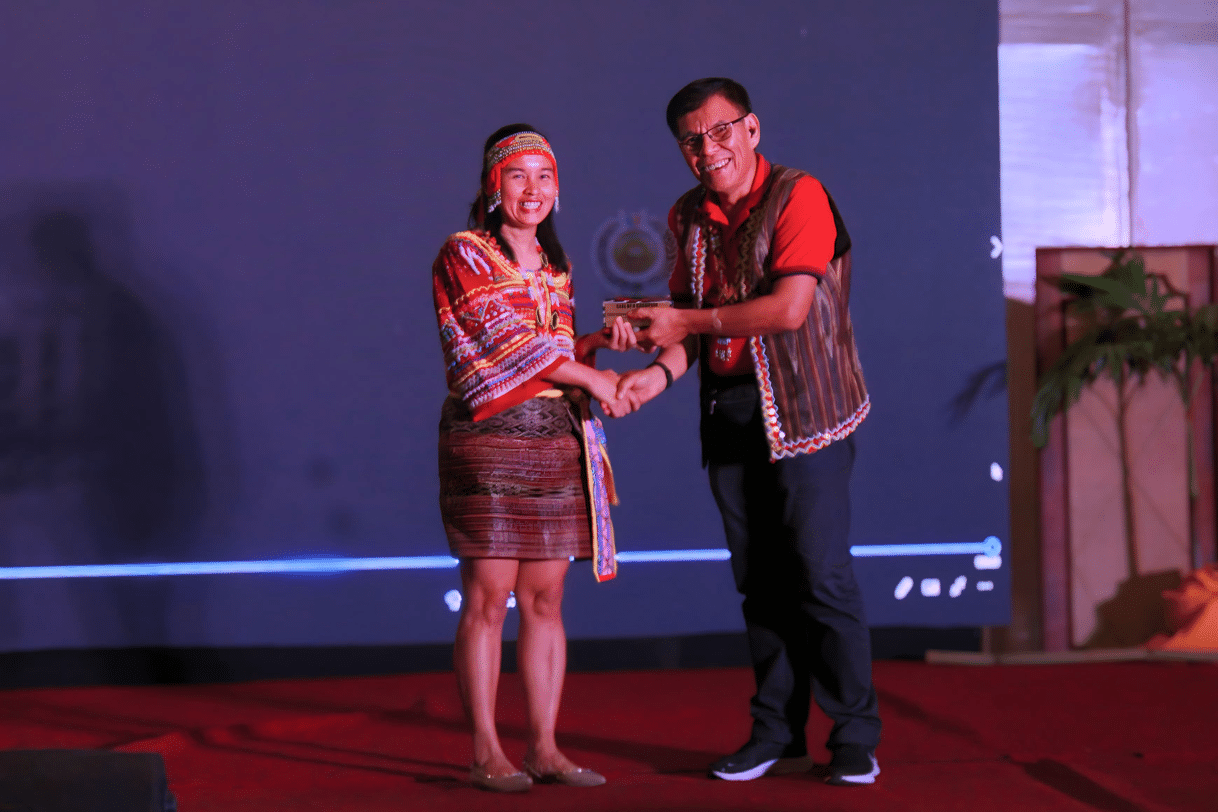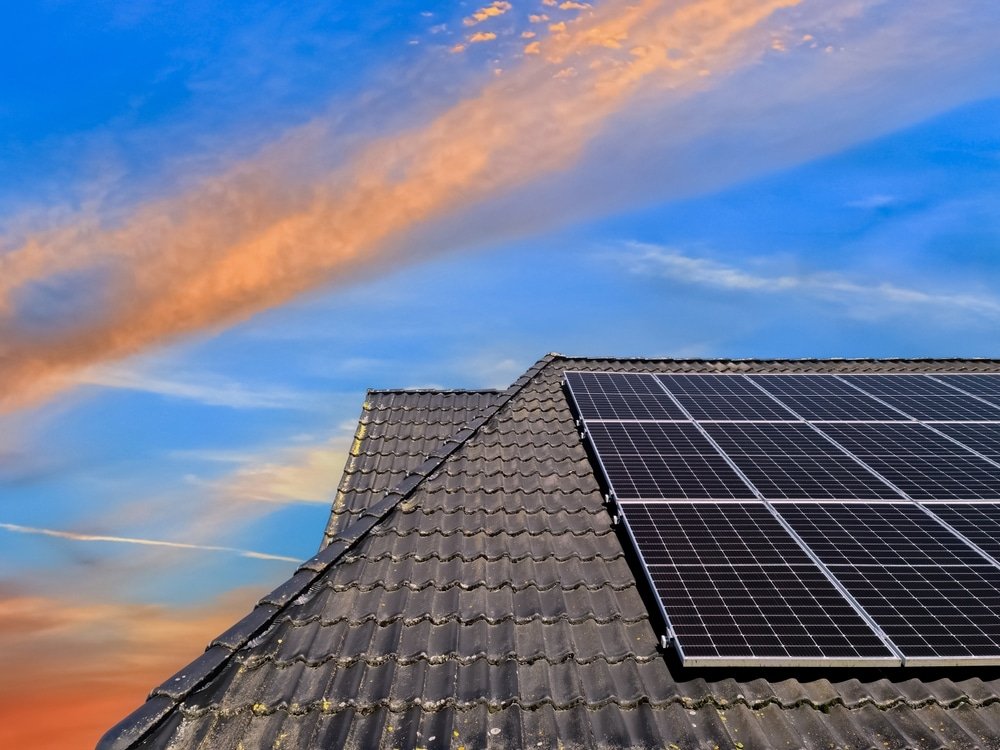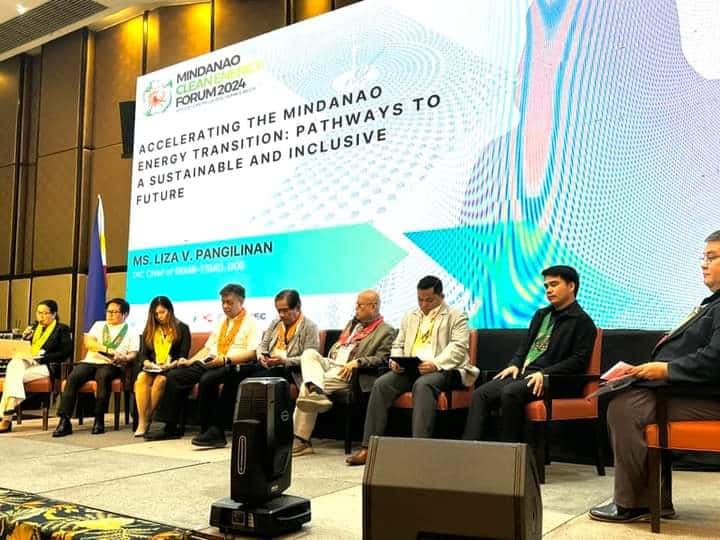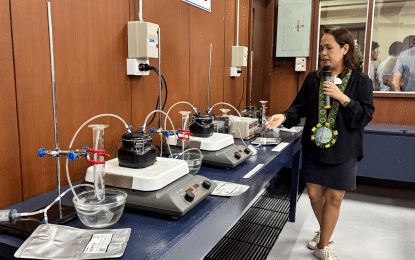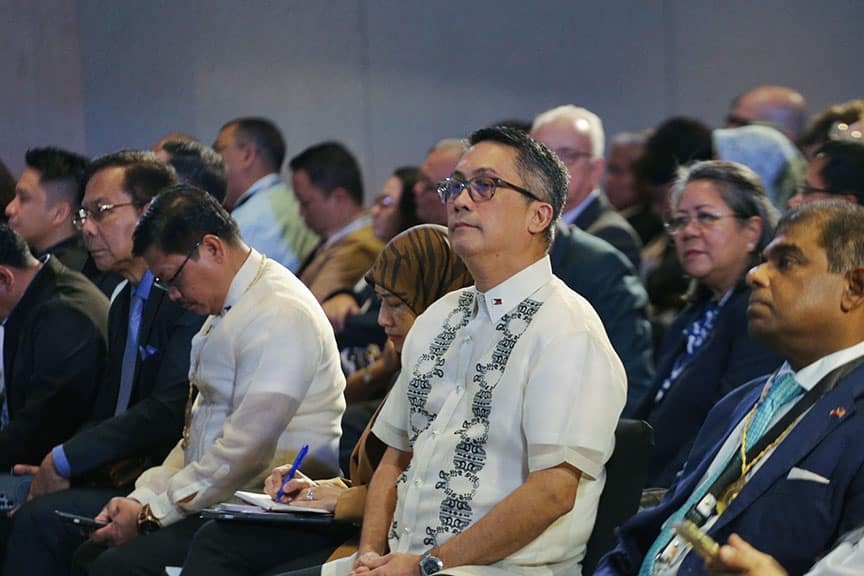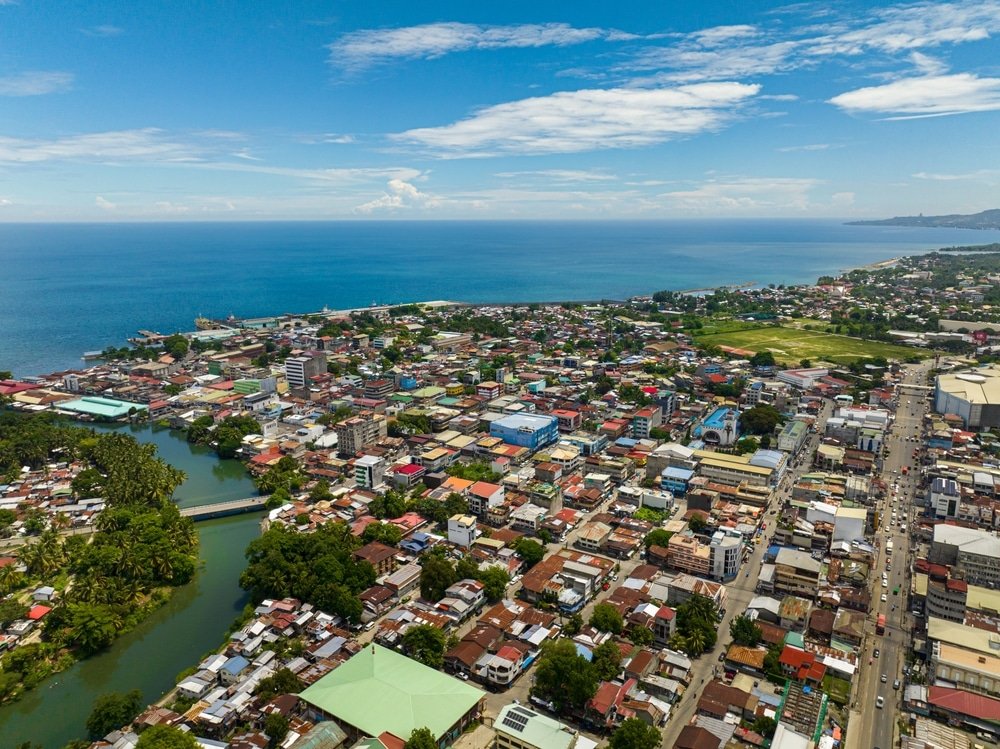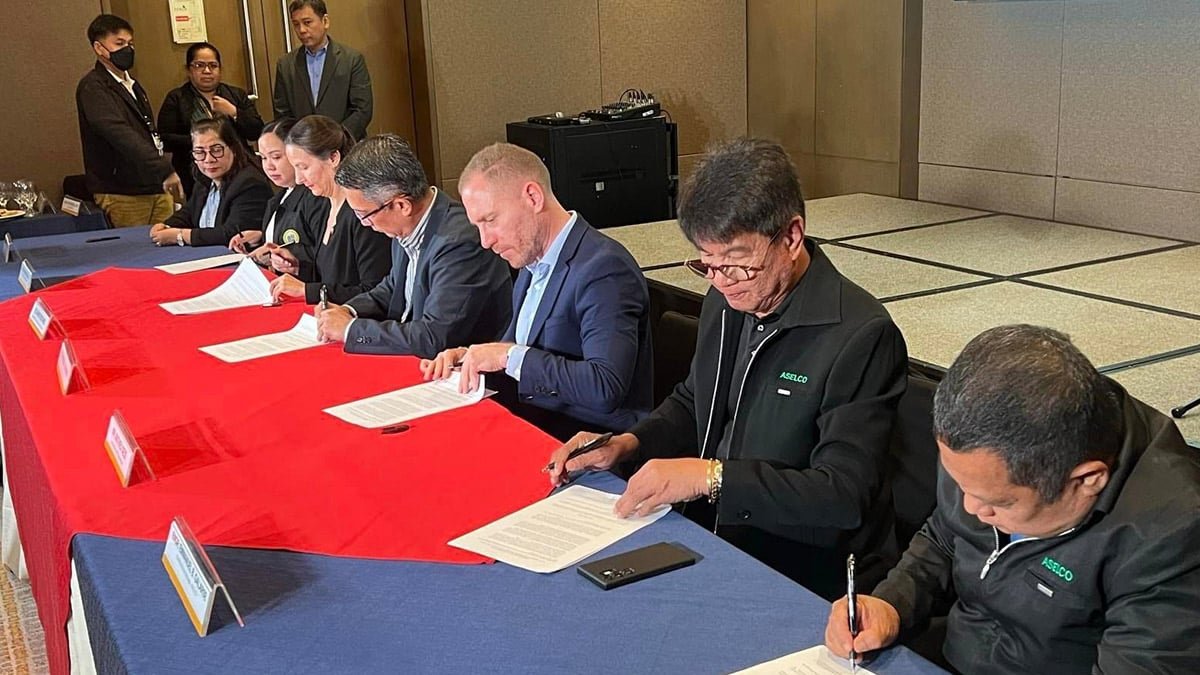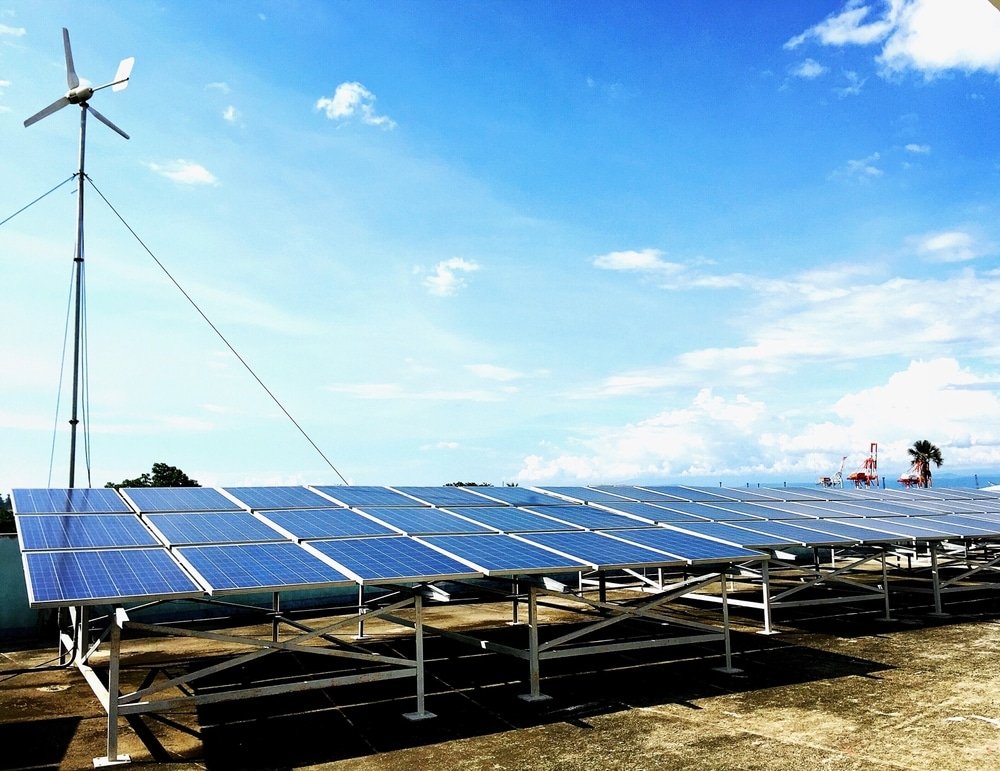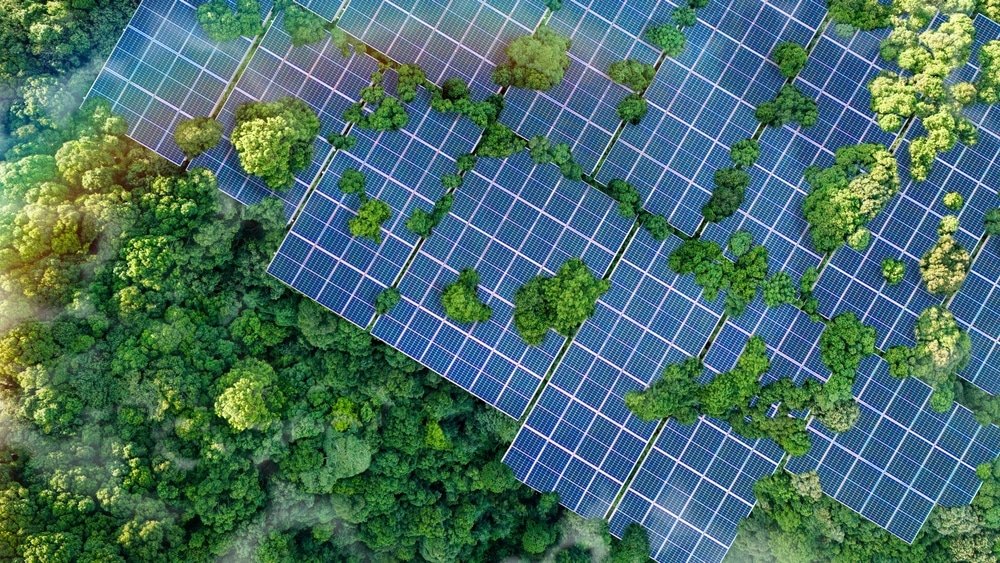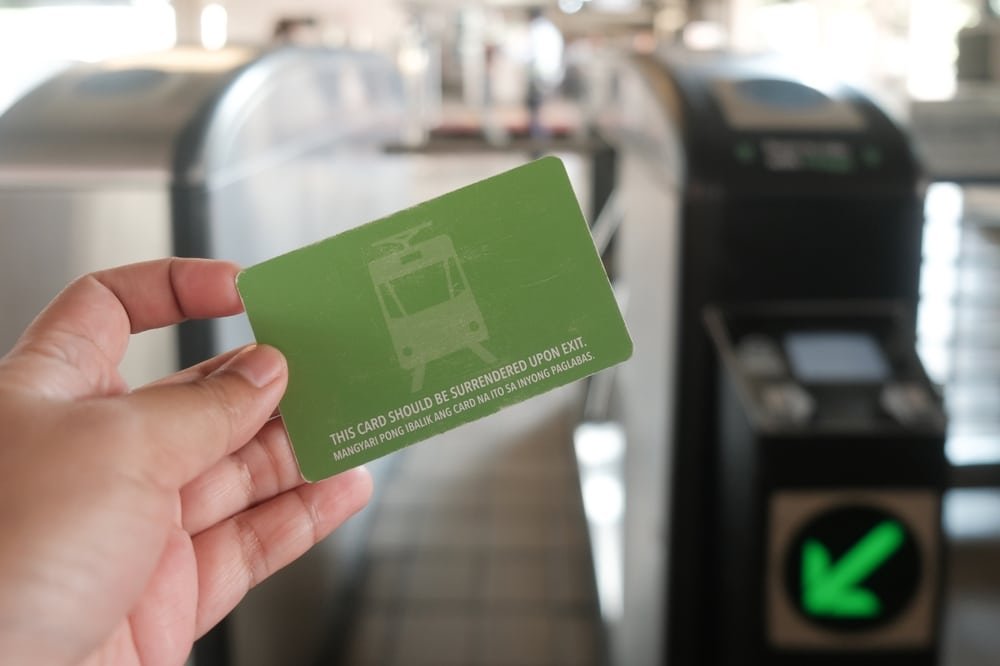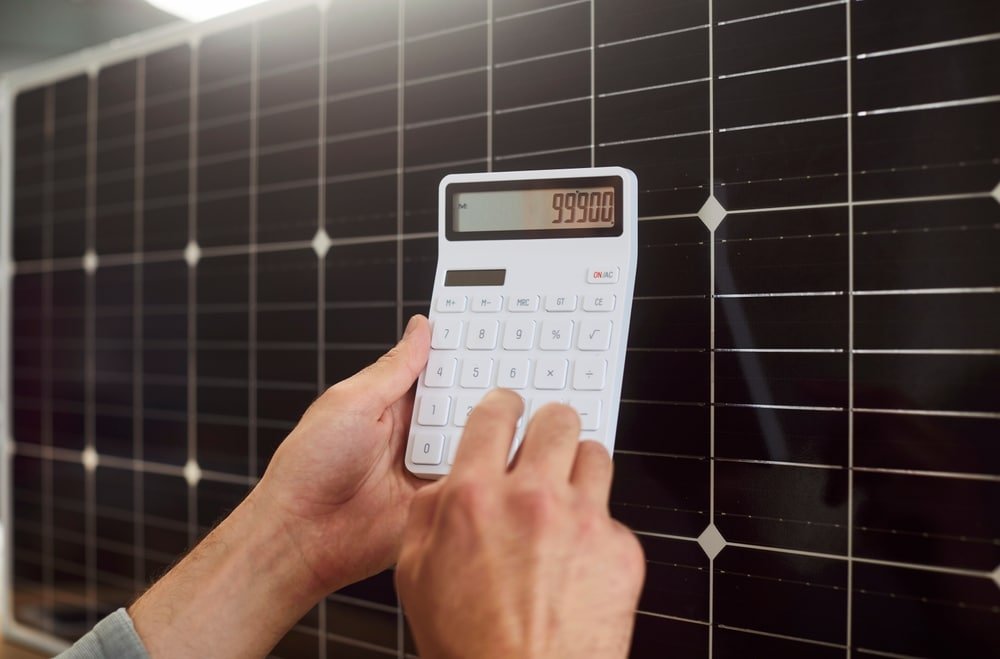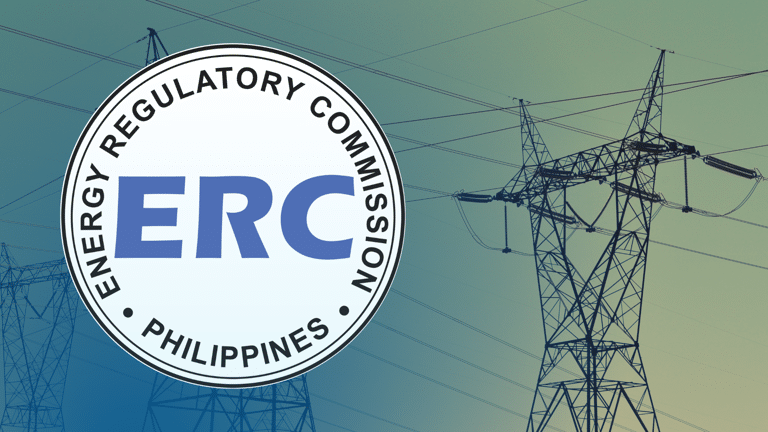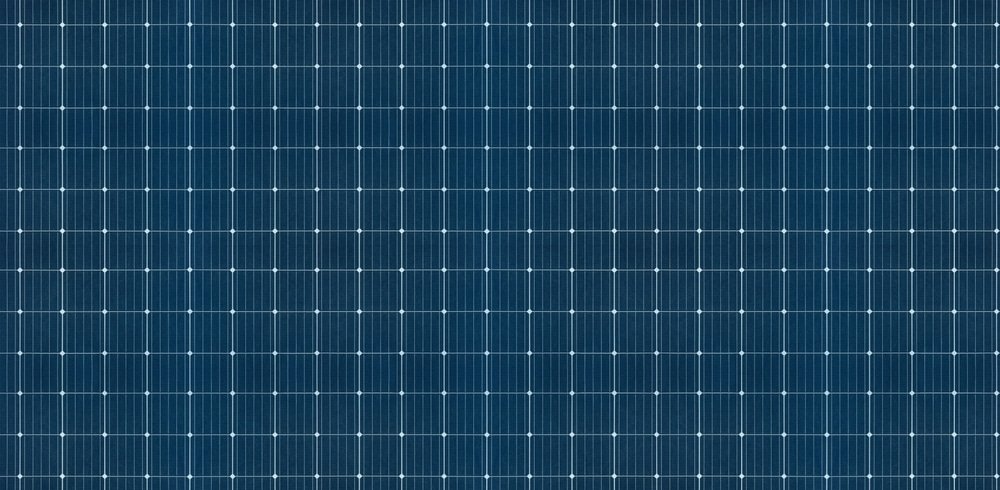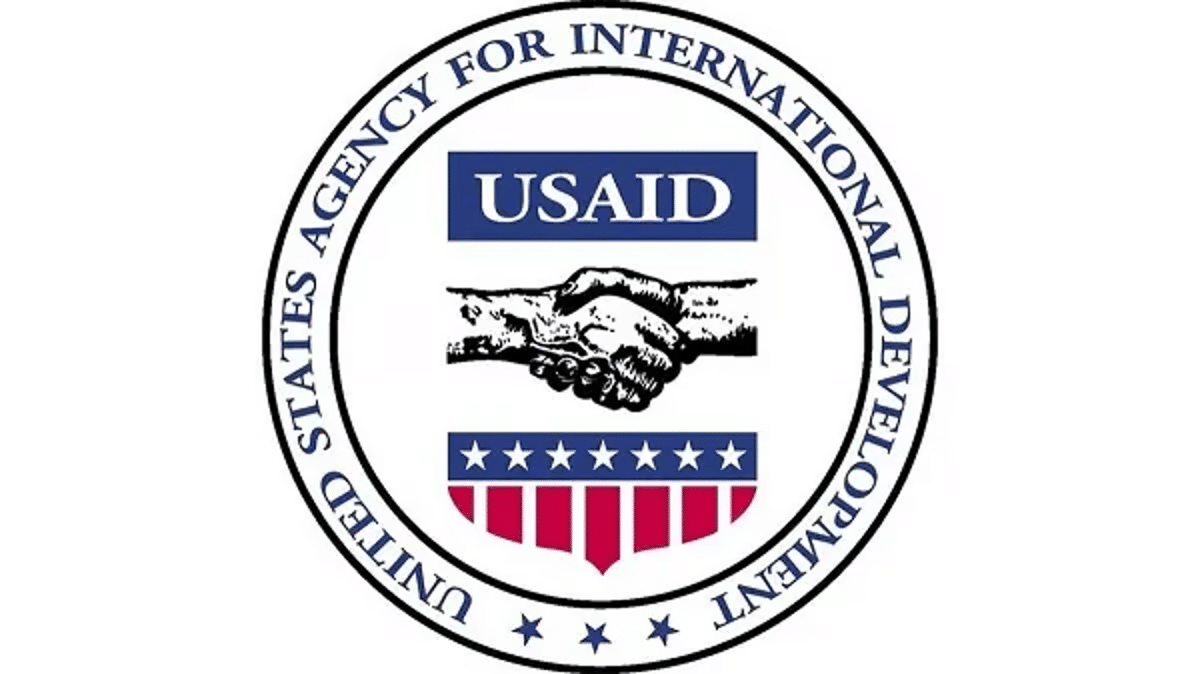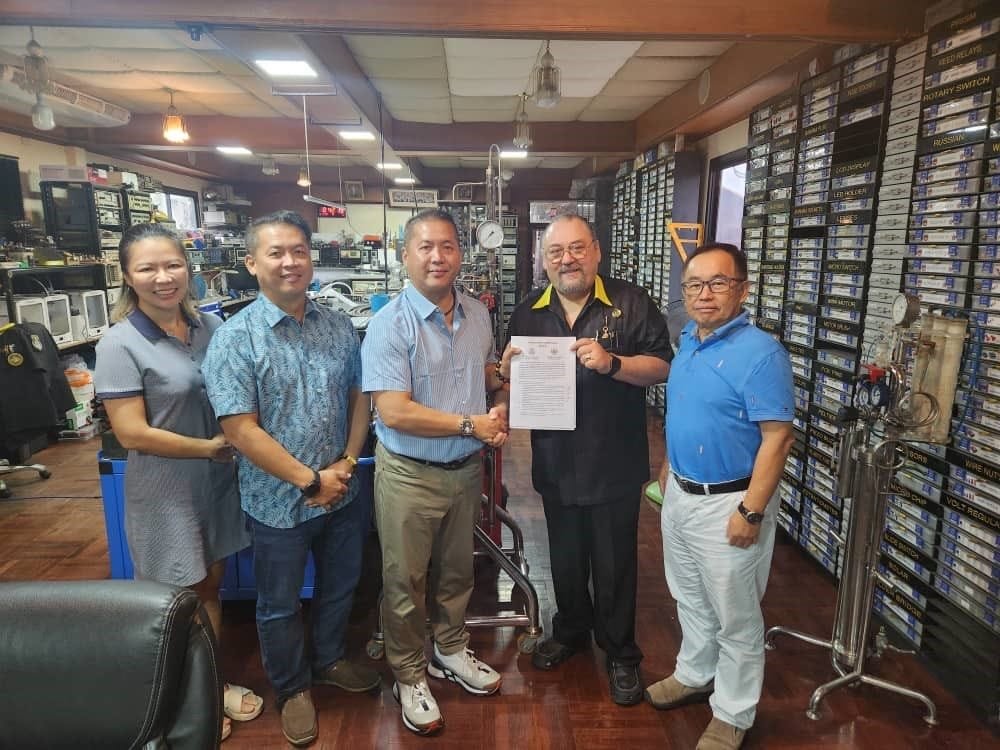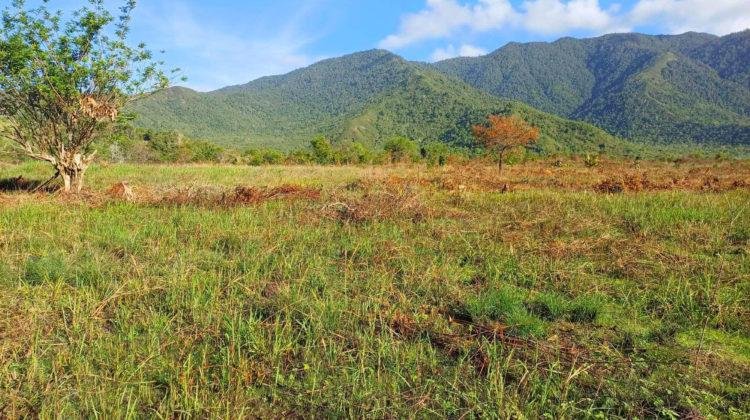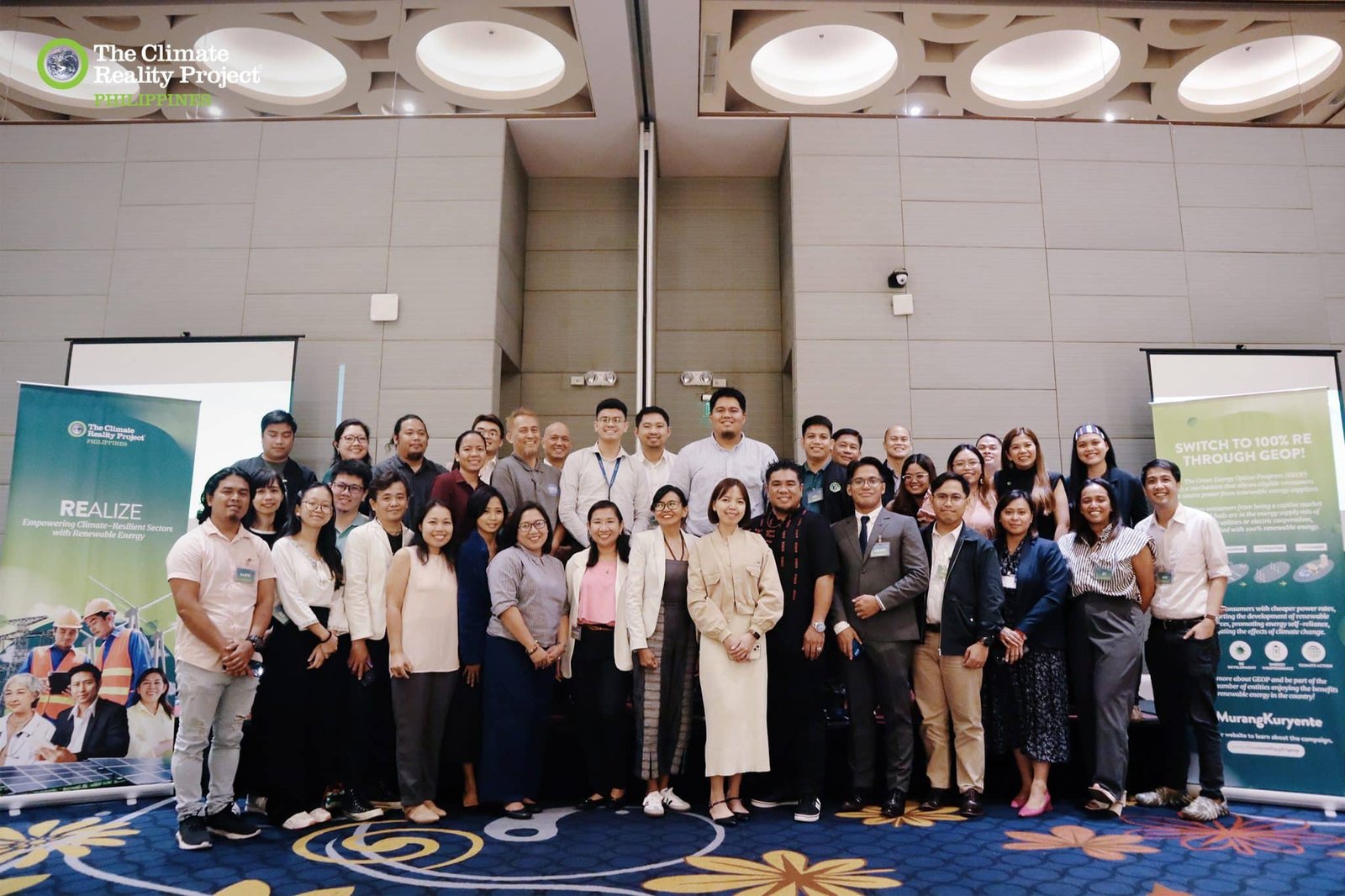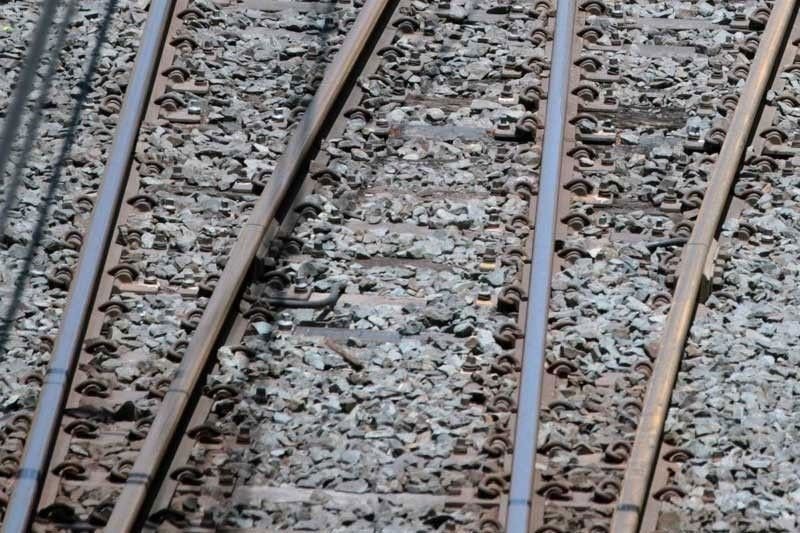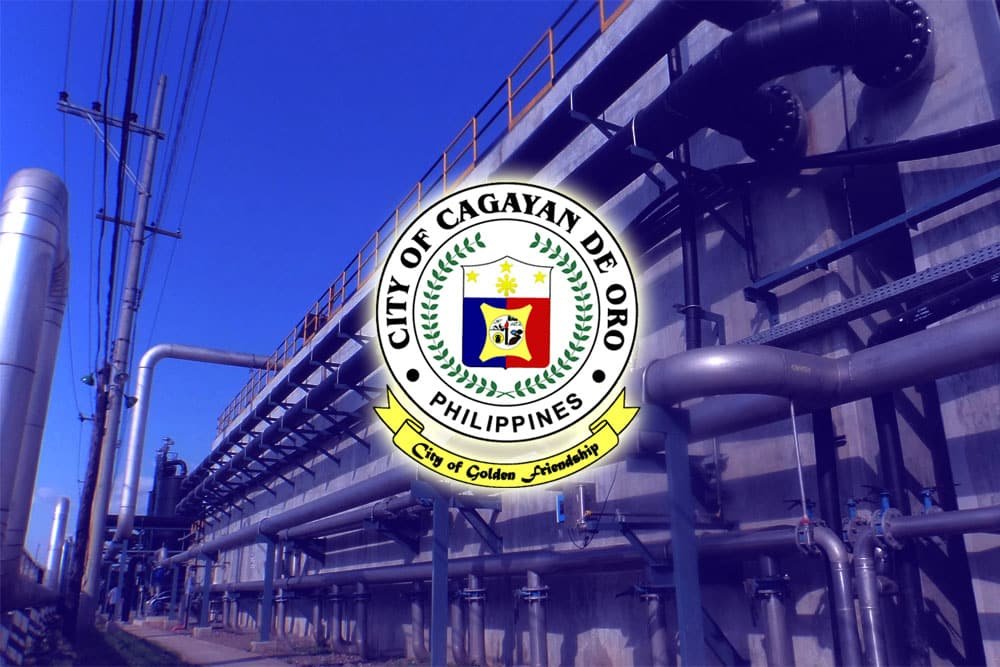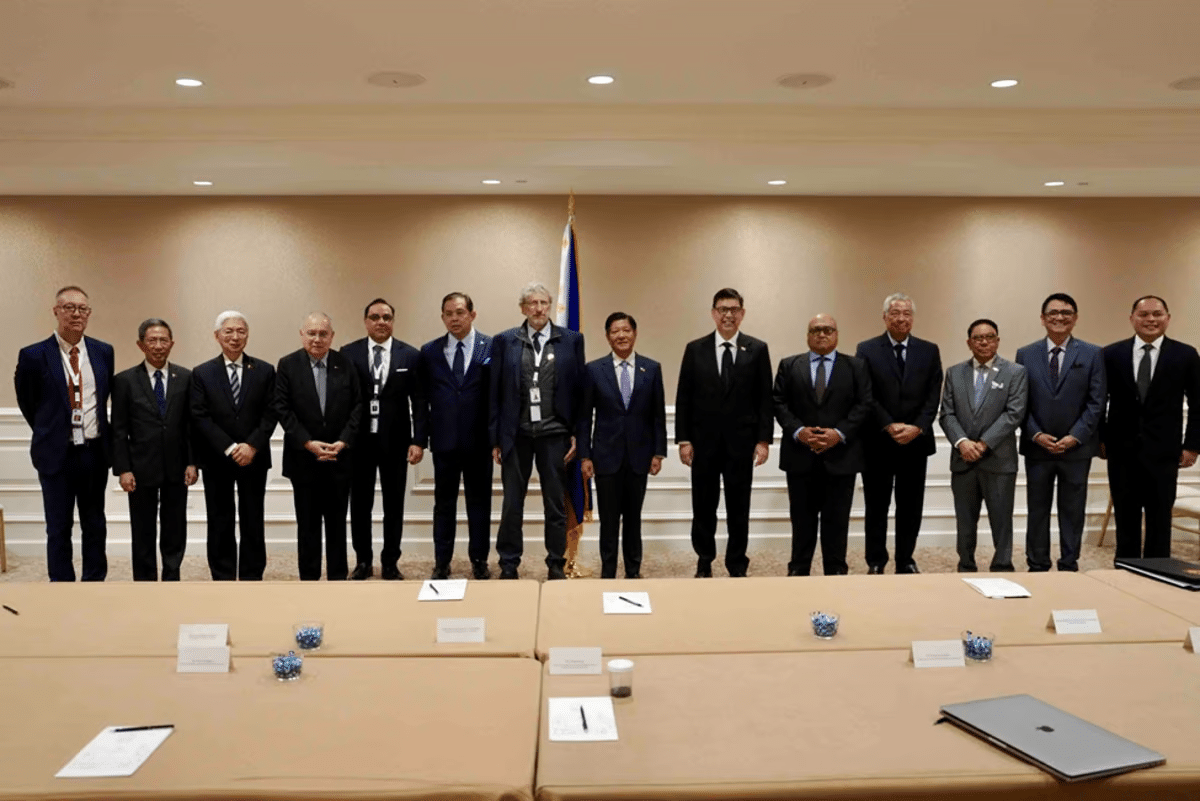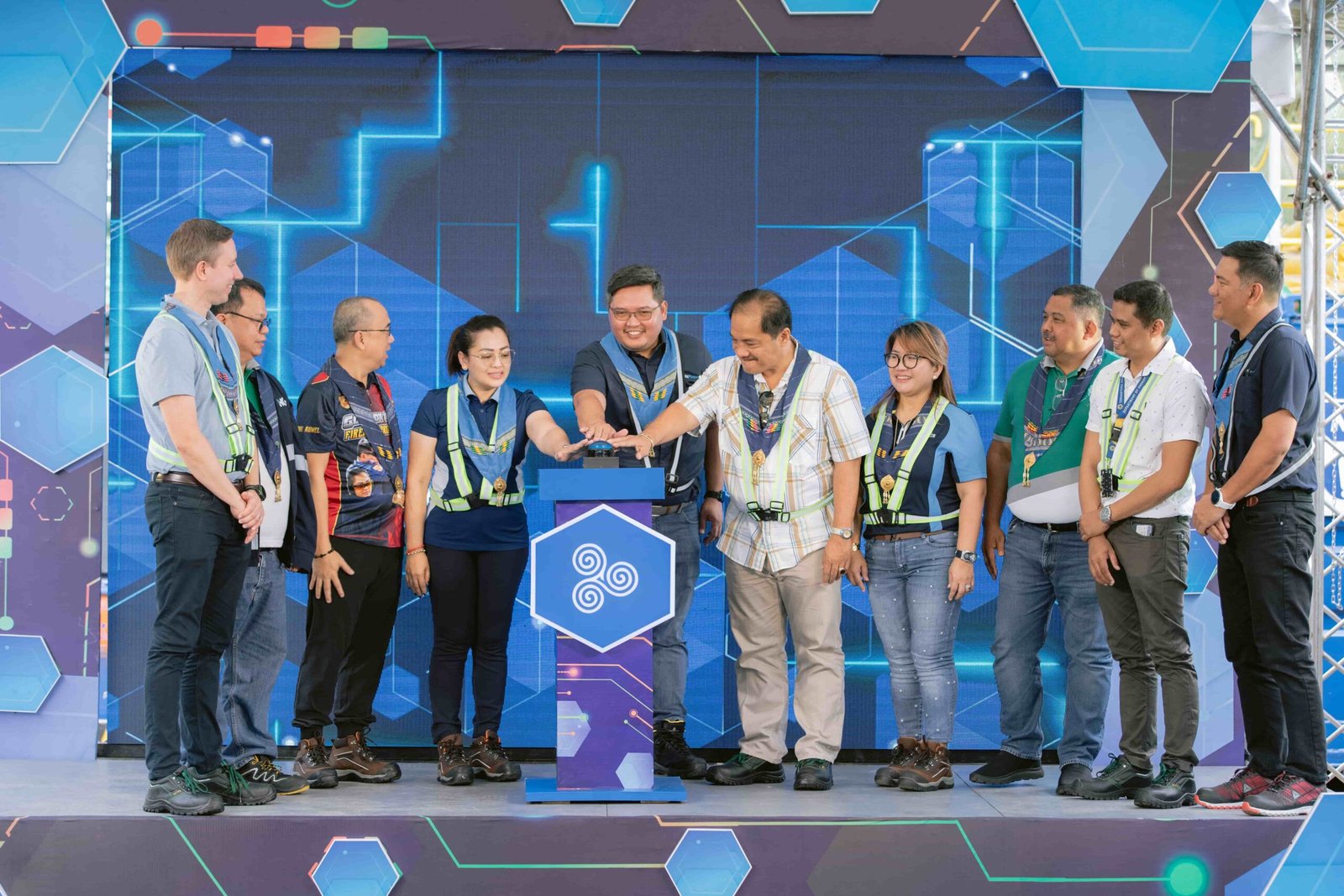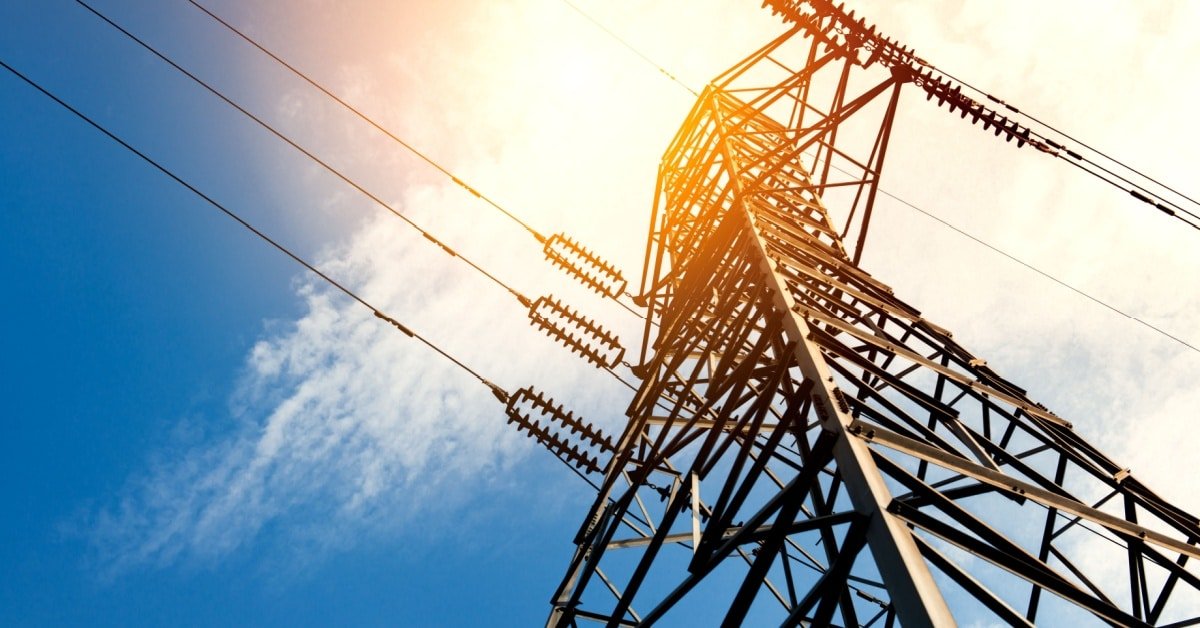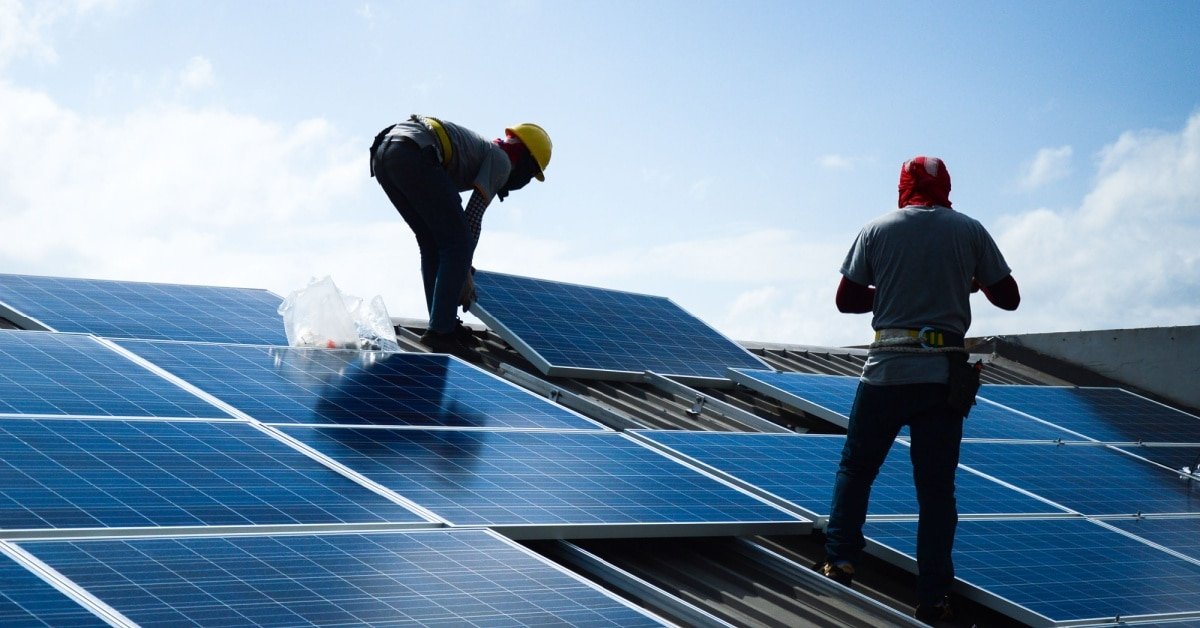
The word aurora comes from the Latin word for dawn and is the name of the Roman goddess of dawn. Every day, she brings forth the sun and banishes the darkness. It is only fitting that the Aboitiz Foundation’s flagship program, the AuroraPH Project, should be named after her.
Dedicated to sustainable energy and digital inclusion, the AuroraPH Project aims to deliver solar power, internet, and technology to off-grid schools across the nation. By improving learning and bridging the digital divide, the program equips students with the knowledge and skills for a brighter future.
“This program is a source of hope for children in remote areas,” said Ginggay Hontiveros-Malvar, Aboitiz Foundation President. “Education is key to a better future, and through AuroraPH, we’re giving students and teachers the tools they need to succeed.”
The program started last year with 11 schools and now benefits over 2,000 students and teachers.
“Soon, we’ll be connecting more schools in Luzon, Visayas, and Mindanao. Our goal is to reach 300 schools across the country,” Hontiveros-Malvar added.
The dawn of a new day
“Kerosene would run out, and fifty pesos of it would not last one week, some get spilled,” Sitio Lapinig Tribal Leader Mario Badlina shared.
“It was difficult because I needed to buy a flashlight battery for them to use while studying at night,” Elezardo Baday, a parent, lamented. “After school, they had subjects they needed to study.”
But all that has changed for two far-flung schools in Barangay Gumitan in the Marilog District of Davao City. With the AuroraPH Project, schools with little or no electricity receive solar power systems, Starlink internet, digital learning tools, and teacher training.
With solar panels installed on the roof of her last-mile school, Judy Patac, a teacher at the Lapinig Elementary School, can now easily download lessons for her classes. And her students will now be able to use the web to learn about the world beyond their borders.
“We are excited, as well as the community. At last, we now have an internet signal here in Kabangbang,” Judy shared.
“The students can now learn about technology. From the bottom of our hearts, thank you very much,” she added, covering her face as she cried tears of happiness.
A strategic partnership for last-mile schools
The Aboitiz Foundation has teamed up with the Department of Education (DepEd) and the Technical Education and Skills Development Authority (TESDA) to provide sustainable energy solutions to remote schools and help women gain digital skills for future jobs.
Education Secretary Sonny Angara and Aboitiz Group President and CEO Sabin Aboitiz signed a memorandum of agreement (MOA) to bring electricity and internet access to 300 off-grid schools in the Philippines through AuroraPH.
“We want to ensure that the needs of students are prioritized. We are laying the groundwork for inclusive education and digital empowerment,” Aboitiz emphasized.
“This is not a short-term donation. It’s a sustainable, scalable solution—one that supports DepEd’s strategic goals, aligns with global development priorities, and reflects the Aboitiz Group’s commitment to advancing education, innovation, and inclusive growth,” Aboitiz continued.
For the 2025-2026 school year, the DepEd has selected 11 pilot schools in Bataan, Benguet, Zambales, Cebu, and Davao City to receive solar power and internet access. These schools will also be provided with digital learning tools and capacity-building programs for teachers and staff to help them maintain the equipment and effectively use technology in the classroom.
“Beyond providing electricity, powering schools involves empowering educators and engaging students through modern learning tools,” said Education Secretary Sonny Angara. “We are grateful for this collaboration with Aboitiz Foundation, which will have a lasting impact on our education system.”
Sources:
https://www.youtube.com/watch?v=SU1l5-qpDP4
https://tribune.net.ph/2025/04/06/new-light-dawns-on-last-mile-schools
https://tribune.net.ph/2025/04/07/300-off-grid-schools-to-be-powered-under-aboitiz-deped-initiative

